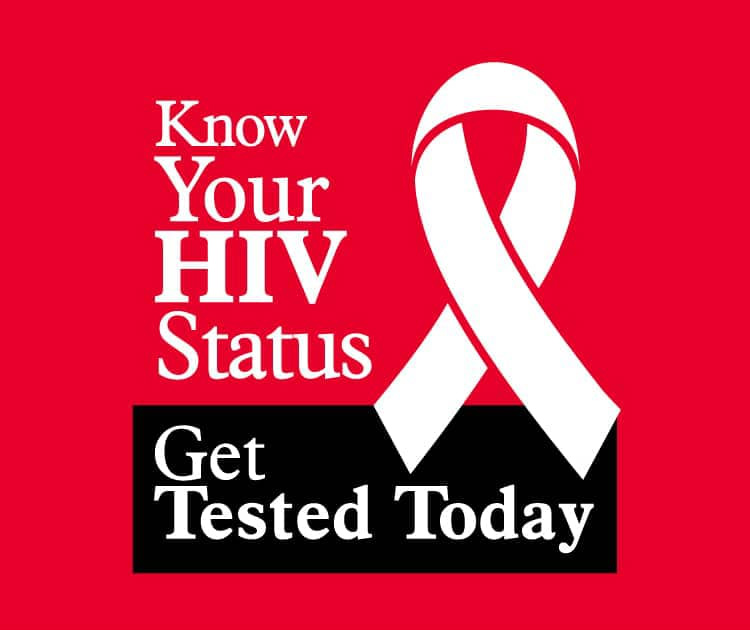International
Death toll surpasses 11,000 after Turkey, Syria earthquake
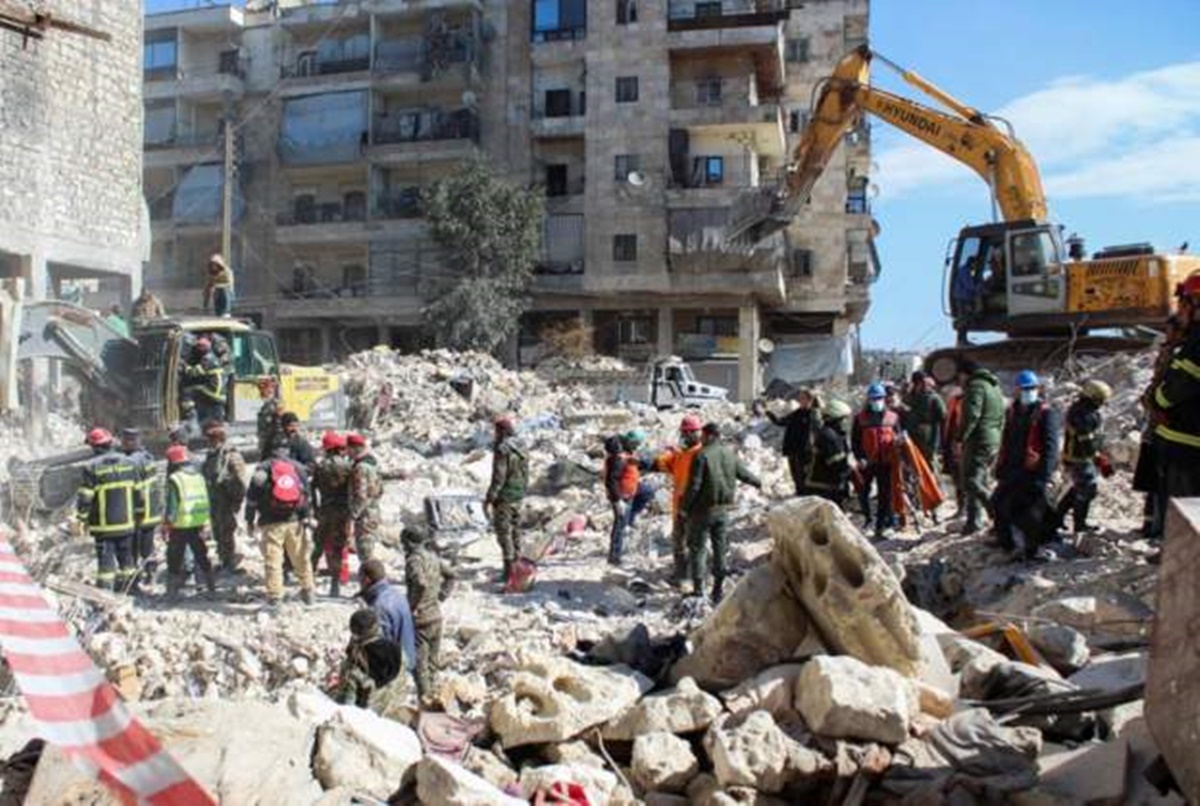
GAZIANTEP, Turkey (AP) — With the hope of finding survivors fading, stretched rescue teams in Turkey and Syria searched Wednesday for signs of life in the rubble of thousands of buildings toppled by a catastrophic earthquake. The confirmed death toll from the world’s deadliest quake in more than a decade passed 11,000.
Turkish President Recep Tayyip Erdogan toured a “tent city” in hard-hit Kahramanmaras where people forced from their homes were living. Amid calls for his government to send more help to the disaster zone, Erdogan conceded initial shortfalls in the response to Monday’s 7.8 magnitude quake but vowed that no one would “be left in the streets.”
Search teams from more than two dozen countries have joined tens of thousands of local emergency personnel on the ground in Syria and Turkey, and aid pledges have poured in from around the world. But the scale of destruction from the earthquake and its powerful aftershocks was so immense and spread over such a wide area, including places isolated by Syria’s ongoing civil war, that many people were still waiting for help.
Experts said the survival window for those trapped under the rubble of collapsed buildings or unable to access water, food, protection from the elements or medical attention was closing rapidly almost three days after the quake.
Rescuers at times used excavators in their searches and picked gingerly through debris at other points to locate survivors or the dead. With thousands of buildings toppled, it was not clear how many people might still be caught in the rubble.
Turkey’s disaster management agency said Wednesday that people who died in the earthquake but cannot be identified would be buried within five days even if they remained unnamed.
The agency, known as AFAD, said unidentified victims would be buried following DNA tests, finger printing and after being photographed for future identification.
The move is in line with Islamic funeral rites which require a burial to take place as quickly as possible after a person’s death.
In the Turkish city of Malatya, bodies were placed side by side on the ground, covered in blankets, while rescuers waited for funeral vehicles to pick them up, according to former journalist Ozel Pikal, who said he saw eight bodies pulled from the ruins of a building.
Pikal, who took part in the rescue efforts, said he thinks at least some of the victims froze to death as temperatures dipped to minus 6 degrees Celsius (21 Fahrenheit).
“As of today there is no hope left in Malatya,” Pikal said by telephone. “No one is coming out alive from the rubble.”
Road closures and damage in the region made it hard to access all the areas that need help, he said, and there was a shortage of rescuers where he was. Meanwhile, cold hampered the efforts of those who were there, including volunteers.
“Our hands cannot pick up anything because of the cold,” said Pikal. “Work machines are needed.”
The region was already beset by more than a decade of civil war in Syria that has displaced millions in that country and left them reliant on humanitarian aid and sent millions more to seek refuge in Turkey.
Turkey’s president said the country’s death toll passed 8,500. The Syrian Health Ministry, meanwhile, said the death toll in government-held areas has climbed past 1,200, while at least 1,400 people have died in the rebel-held northwest, according to volunteer first responders known as the White Helmets.
That brought the overall total to 11,000 since Monday’s earthquake and multiple strong aftershocks. Tens of thousands more are injured.
A 2011 earthquake near Japan that triggered a tsunami left nearly 20,000 people dead.
Syrian officials said the bodies of more than 100 Syrians who died during the earthquake in Turkey were brought back home for burial. Mazen Alloush, an official on the Syrian side of the border, said 20 more bodies were on their way, adding that all of them were Syrian refugees who fled civil war.
Stories of rescues continued to provide hope that some people still trapped might be found alive. A crying newborn still connected by the umbilical cord to her deceased mother was rescued in Syria on Monday. In Turkey’s Kahramanmaras, rescuers pulled a 3-year-old boy, Arif Kaan, from the rubble.
“For now, the name of hope in Kahramanmaras is Arif Kaan,” a Turkish television reporter proclaimed as the dramatic rescue was broadcast to the country.
Polish rescuers told TVN24 that low temperatures were working against them, though two firefighters said the fact that the predawn quake struck as many people were in bed under warm covers could help buy the search teams more time.
But David Alexander, a professor of emergency planning and management at University College London, said data from past earthquakes suggested the likelihood of survival was now slim, particularly for individuals who suffered serious injuries or significant blood loss.
“Statistically, today is the day when we’re going to stop finding people,” he said. “That doesn’t mean we should stop searching.”
Alexander cautioned that the final death toll may not be known for weeks because of the sheer amount of rubble that needs to be sifted.
The last time an earthquake killed so many people was 2015, when 8,800 died in a magnitude 7.8 quake in Nepal. A 2011 earthquake in Japan triggered a tsunami, killing nearly 20,000 people.
Cold weather added to the misery of residents who lost their homes. Many survivors in Turkey slept in cars, government shelters or outdoors.
“We don’t have a tent, we don’t have a heating stove, we don’t have anything. Our children are in bad shape. We are all getting wet under the rain and our kids are out in the cold,” Aysan Kurt, 27, said. “We did not die from hunger or the earthquake, but we will die freezing from the cold.”
Erdogan, on this tour of quake-hit areas, acknowledged that there were problems early on in the response but said it had improved.
He said the government would distribute 10,000 Turkish lira ($532) to affected families.
The quake comes at a sensitive time for Erdogan, who faces presidential and parliamentary elections in May amid an economic downturn and high inflation. Perceptions that his government mismanaged the crisis could severely hurt his standings.
Kemal Kilicdaroglu, the leader of Turkey’s main opposition party, blamed the devastation on Erdogan’s two-decade rule, saying he had not prepared the country for a disaster and accusing him of misspending funds.
In Syria, aid efforts have been hampered by the ongoing war and the isolation of the rebel-held region along the border, which is surrounded by Russia-backed government forces. Syria itself is an international pariah under Western sanctions linked to the war.
The European Union said Wednesday that Syria had asked for humanitarian assistance to deal with the victims of the devastating earthquake. An EU representative insisted the bloc’s sanctions against the Syrian government had no impact on its potential to help.
On Wednesday, Syrian Prime Minister Hussein Arnous visited neighborhoods in the northern city of Aleppo where buildings collapsed because of the earthquake.
“Our priority now is to rescue the people who are still under the rubble,” he said.
In rebel-held parts of northwest Syria, rescuers pulled a man, a woman and four children from the rubble in the towns of Salqeen, Harem and Jinderis, according to the White Helmets group.
The region sits on top of major fault lines and is frequently shaken by earthquakes. Some 18,000 were killed in similarly powerful earthquakes that hit northwest Turkey in 1999.
The last time an earthquake killed so many people was 2015, when 8,800 died in a magnitude 7.8 quake in Nepal. A 2011 earthquake in Japan triggered a tsunami, killing nearly 20,000 people.

International
Cardinal Robert Prevost of Chicago Elected as Pope Leo XIV

– First American Pontiff in Catholic Church History
The College of Cardinals has elected Cardinal Robert Francis Prevost of Chicago as the 267th pope of the Roman Catholic Church. He will be known as Pope Leo XIV, marking the first time an American has ascended to the papacy in the Church’s two-millennia history.
The announcement came at 6:07 p.m. local time, when white smoke billowed from the chimney of the Sistine Chapel, signaling the successful conclusion of the conclave’s fourth ballot. Shortly thereafter, Cardinal Protodeacon Dominique Mamberti proclaimed the traditional “Habemus Papam” from the balcony of St. Peter’s Basilica.
Appearing before a jubilant crowd in St. Peter’s Square, Pope Leo XIV offered his first apostolic blessing and addressed the faithful with a message of peace: “Peace be with all of you! I want this salute of peace to enter your heart, reach your families, and all people, and all the peoples, and the whole world.”
Born in Chicago in 1955, Robert Prevost is a member of the Order of St. Augustine. He spent decades serving as a missionary in Peru, where he taught theology and held various administrative roles within the Church. In 2023, he was appointed to lead the Vatican’s Congregation for Bishops, a position that placed him at the heart of the Church’s global leadership.
Pope Leo XIV’s election is seen as a unifying choice amid ideological divisions within the Church. His background reflects a commitment to inclusivity and dialogue, values that align with the synodal approach emphasized by his predecessor, Pope Francis. In his initial remarks, Pope Leo XIV expressed a desire for a Church that is “engaged with the modern world and always looking for peace, charity and being close to people, especially those who are suffering.”
The new pontiff faces a range of pressing challenges, including fostering unity within a polarized Church, addressing global conflicts, and continuing efforts to reform Church governance and address past abuses. His leadership will be closely watched as he navigates these complex issues.
Pope Leo XIV’s election has been met with congratulations from leaders around the world. U.S. President Donald Trump lauded the historic moment, stating, “It is such an honor to realize that he is the first American Pope. What excitement, and what a Great Honor for our … .”
As the Catholic Church enters this new chapter under Pope Leo XIV’s guidance, the faithful and observers alike look forward to the direction he will set for the global community of believers.
Business
Caribbean Shipping Secures Exemption from U.S. Port Fees on Chinese-Built Vessels
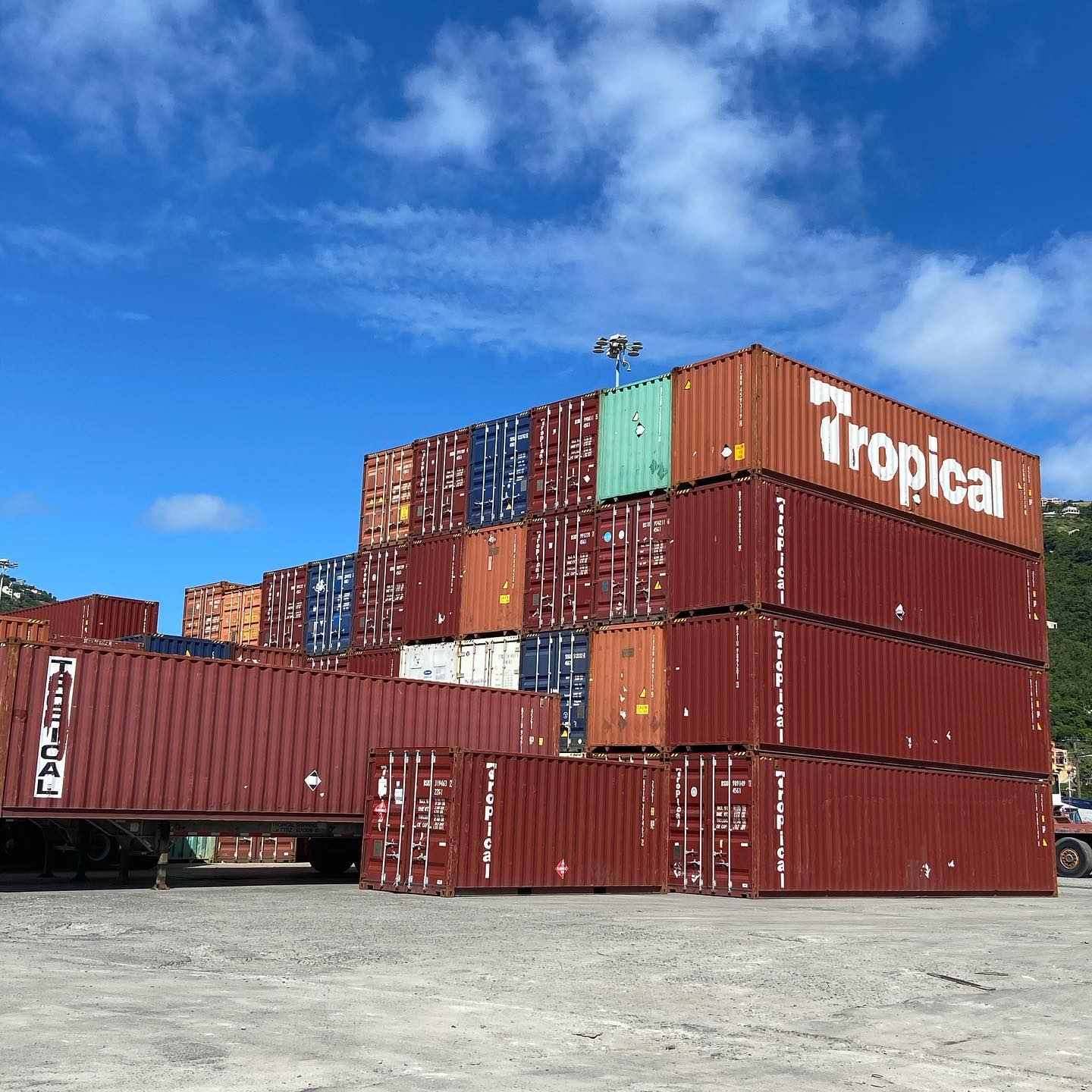
The Office of the United States Trade Representative (USTR) has exempted Caribbean shipping routes from newly proposed port fees on Chinese-built vessels. This decision follows concerted advocacy by the Caribbean Private Sector Organisation (CPSO) and regional stakeholders, who warned that the fees could have devastating economic consequences for the Caribbean.
The USTR’s initial proposal aimed to impose fees of up to $1.5 million per port call on vessels constructed in China, as part of a broader strategy to counter China’s dominance in global shipbuilding and bolster the U.S. maritime industry. However, the policy faced immediate backlash from Caribbean nations, where a significant portion of shipping relies on Chinese-built vessels.
Dr. Patrick Antoine, CEO and Technical Director of the CPSO, testified at a USTR public hearing, emphasizing that over 90% of CARICOM’s trade in goods depends on maritime transport. He warned that the proposed fees could lead to a 60% increase in shipping costs to and from the Caribbean, severely impacting economies where more than 50% of the ships are Chinese-built.
The potential repercussions were particularly alarming for smaller Caribbean states like Antigua and Barbuda, Dominica, Grenada, St. Lucia, and St. Vincent and the Grenadines, which rely heavily on short-sea shipping routes serviced by Chinese-built vessels. Prime Minister Gaston Browne of Antigua and Barbuda expressed concern that shipping a container could increase by $3,000 to $4,000, leading to an 8–10% rise in consumer prices and pushing inflation rates to potentially 12–14%.
In response to these concerns, the USTR revised its policy to exempt ships operating between U.S. domestic routes, the Caribbean, U.S. territories, and Great Lakes ports from the new fees. This adjustment aims to prevent inflation, supply chain disruptions, and surging trade costs in the region.
The exemption has been met with relief across the Caribbean. Dr. Antoine expressed gratitude to the USTR for recognizing the unique challenges faced by Caribbean economies and for taking steps to safeguard regional trade stability.
While the exemption provides immediate relief, regional leaders and industry stakeholders continue to monitor the situation closely. They advocate for long-term strategies to enhance the resilience of Caribbean supply chains and reduce dependency on external factors that could disrupt trade.
Business
BVI Braces for Ripple Effects as U.S. Stock Market Sheds $5 Trillion

In just three weeks, the U.S. stock market has lost a staggering $5 trillion in value, a downturn that could have significant implications for the British Virgin Islands (BVI), where the U.S. dollar is the official currency. As economic uncertainty grips the global financial system, concerns are mounting over how this sharp decline might impact the BVI’s economy, particularly in the areas of tourism, offshore financial services, and overall consumer confidence.
With the U.S. being the primary source of visitors to the BVI, any financial squeeze on American households could lead to a reduction in travel plans. A weaker U.S. stock market often means tighter budgets for vacationers, which could result in lower visitor numbers, reduced hotel bookings, and fewer yacht charters—critical sectors for the territory’s economy.
As one of the Caribbean’s leading offshore financial hubs, the BVI is deeply connected to global markets. A drop in stock values can shake investor confidence, potentially leading to slower financial transactions, reduced incorporations, and a cautious approach from high-net-worth individuals who use BVI-based structures for wealth management.
With the BVI using the U.S. dollar, economic shocks in the U.S. can quickly affect the cost of goods and services in the territory. A weaker U.S. market could lead to fluctuations in inflation, making imports more expensive. For a territory that relies heavily on imported goods—from food supplies to construction materials—this could put additional pressure on businesses and consumers.
The BVI government will likely keep a close watch on these developments, as a prolonged U.S. market downturn could impact tax revenues, business activity, and overall economic confidence. Policymakers may need to explore ways to strengthen economic resilience, whether through increased regional trade, diversification efforts, or measures to support local businesses in uncertain times.
While the full impact of this financial slide remains to be seen, one thing is certain: the BVI, like many other U.S. dollar-dependent economies, is paying close attention to Wall Street’s turbulence and preparing for potential economic headwinds.
-

 Crime/Police1 week ago
Crime/Police1 week agoManhunt Underway for ‘Small Brent’ in Nyron Erickson Murder Case
-

 Crime/Police2 weeks ago
Crime/Police2 weeks agoArmed Robbery Reported at Bar in Sea Cows Bay
-
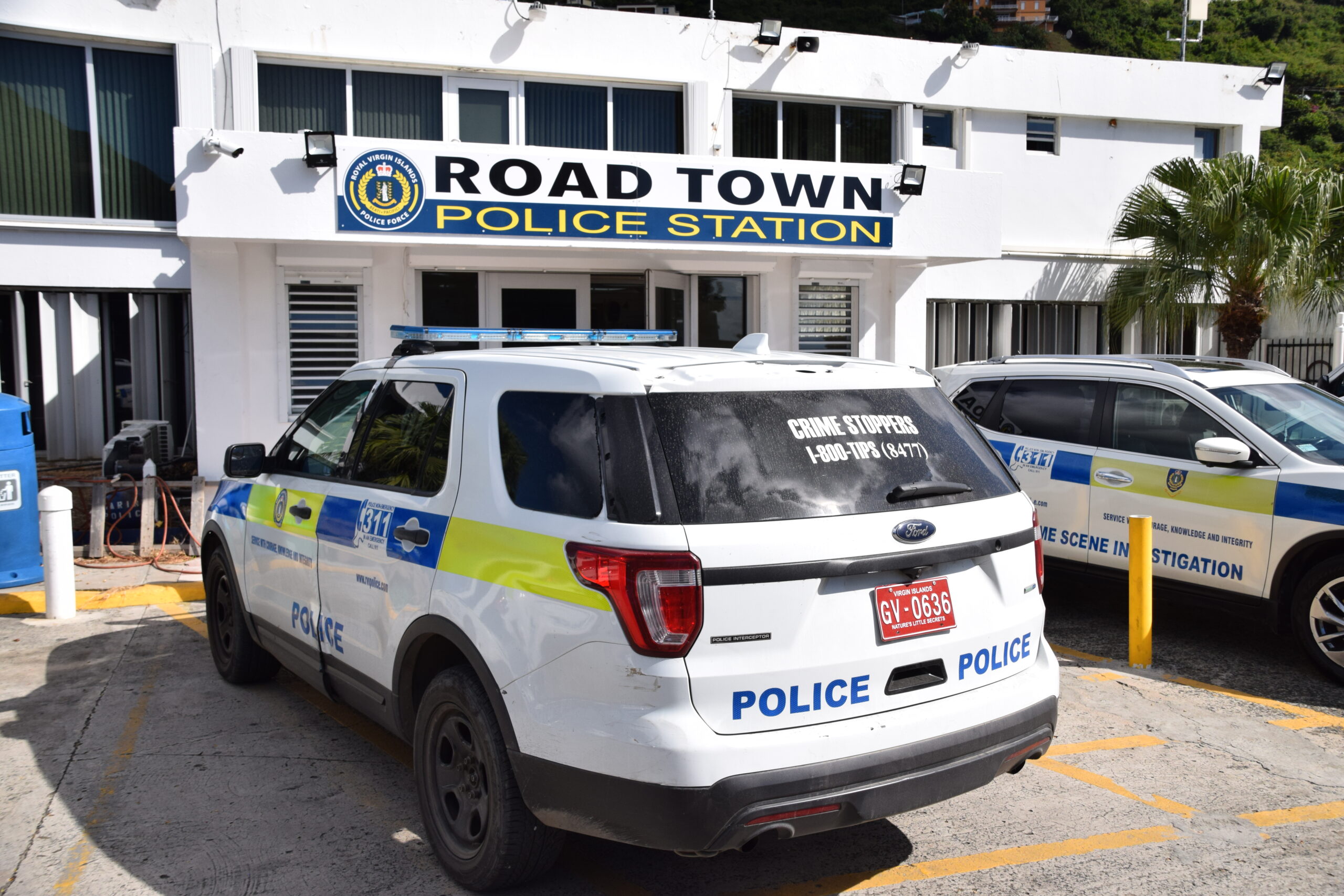
 Crime/Police1 week ago
Crime/Police1 week agoPolice Seek Public’s Help in Locating Armed and Dangerous Fugitive Known as ‘Small Brent’
-

 Local News1 week ago
Local News1 week agoControversial 3-Point Call Proven a 4, But Result Stands: Team USVI Withdraws from Third-Place Match
-
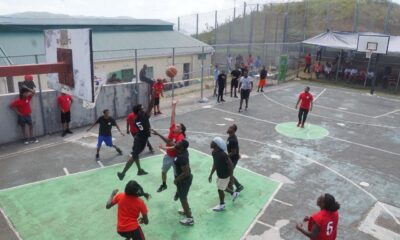
 Local News2 weeks ago
Local News2 weeks agoPrison Basketball League Concludes with Team Echo Securing Championship Title
-
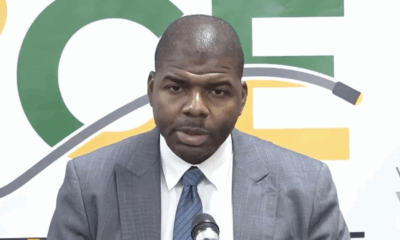
 Uncategorized1 week ago
Uncategorized1 week agoFestival Costs Outpace Revenue Despite $1M Intake, Says Premier
-
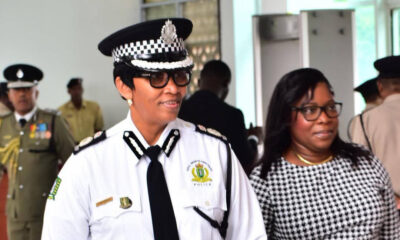
 Crime/Police2 weeks ago
Crime/Police2 weeks agoCaribbean Police Chiefs Gather in Guyana for 39th Annual Conference
-

 Entertainment4 days ago
Entertainment4 days agoFive Students to Compete in Mr. & Miss HLSCC Pageant on June 1




















